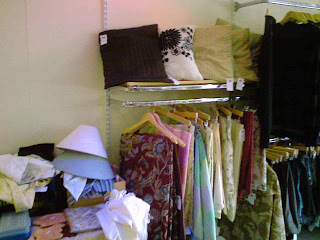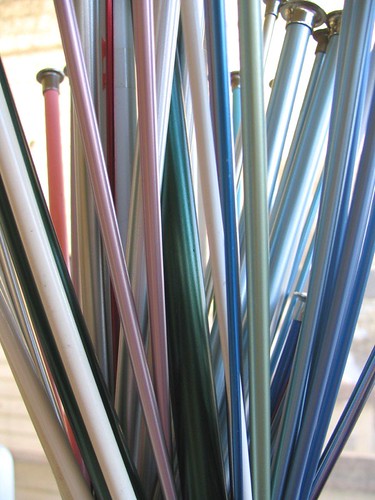We probably get more grumbles about the RSPCA National Control Centre (NCC) than almost anything else, and sometimes people are quite unreasonable about what is
possible for someone stuck at the end of a phone line and fielding a non-stop stream of calls from agitated members of the public.
With this in mind, I thought I would include an excerpt from the latest NCC newsletter to try to give some background about what this enormously stressful job actually involves. I've edited it slightly to make it clearer to non-RSPCA readers because the original was produced for internal consumption.
A Day In The Life Of...A Service and Support Line Controller
Job Role:
To take calls from the Inspectorate, Branches, Emergency Services and Vets. The inspectorate call for various reasons, such as checking PCO [Person Complained Of] details, markers and matches, allocations, directions and telephone numbers. Branches call in to report anonymous complaints that they receive either by telephone, letters or e-mails, they will also ask the NCC to arrange collection and transfer of animals from vets and other establishments. The NCC take calls from emergency services such as police, fire and rescue, coastguard and occasionally the ambulance service. They will call in for assistance with trapped animals and will also call in to register complaints when they have attended a property and have concerns about the welfare of animals being kept there.
The Vet Line is a dedicated line for vets to contact the NCC to request a contribution towards Initial Emergency Treatment of stray domestic animals when the owner is unknown and for treatment of some wildlife, predominantly wildlife above the size of a wild rabbit. The Vet Line has recently also started to deal with owned animals when the owner cannot afford to pay for the treatment. The controllers will liaise with the owner, vets, branches and other charities to try to assist.
This is a typical day:
07:50 - Log onto system and check knowledge base for any updates.
08:00 - 09:30 - Take calls from various people including a vet who had been called out to a sheep. The member of public had spotted the sheep with a protruding eye in South Yorkshire, had picked the sheep up and put it in her car and had taken it home with her to Nottingham! The vets had to euthanize the sheep and NCC issued IET and also advised to contact the police and the local councils to try to trace the owner. NCC also advised them that DEFRA should be contacted due to the movement of the sheep.
09:30 - 09:45 - Break
09:45 – 10:15- Fit to Fly. This is a weekly meeting with other members of the team and their Team Leader. It is a chance for the TL to keep the team up to date with any changes that they need to be aware of and to also give feedback on performance and quality and gives them a chance to ask questions and raise any issues they may have and are usually quite upbeat and informative.
11:00 – 12:00 - Back to more calls. NCC was asked to do a call back for an owned animal. The owner had been given assistance from the local branch but could not afford the consultation fee so was asking for more assistance. NCC rang the owner back and discovered that it was not the consultation fee that she needed assistance with; she had an outstanding bill with the vet and wanted the RSPCA to clear her previous debt, this was declined.
12:00 – 12:30 - Lunch. 12:30 – 13:30 - More calls from Branch, Vets and the Inspectorate.
13:30 – 14:15 - Presentation to New starters. The presentation gives an overview and how their role as a call takers will link with the service and support team and explains what Initial Emergency Treatment is and when RSPCA would pay it.
14:15 – 14:25 - Break
14:25 – 15:30 - Final calls of the day included a call from the police about a dog locked in a car, a call from the fire service asking for assistance with a cat trapped in a car engine, a call from Branch asking for three cats to be transferred from a vet to the Branch and a call from an inspector regarding a case of someone illegally docking puppies tails.
If you need to contact the NCC
- Make sure you can explain as accurately as possible where the animals involved are located. In a residential area a street number and post code will do this, but it will be much more difficult if the problem involves animals in the countryside or beside a road. This is crucially important for neglect complaints because of the risk that an inspector will visit the wrong animals (for example if there are several fields all with similar animals in them).
- If a sick or injured animal needs help, please contain it if this is possible without putting yourself at risk. It may mean a wasted journey if the animal concerned cannot be found. If it is possible for you to transport the animal to a vet the NCC may request this in order that treatment can be started without delay.
- Stay calm, and explain the situation to the controller answering the phone. If you are too upset to give complete details they may not be able to assess the situation correctly. Please remember that the RSPCA has to deal with the law as it is, not as we might want it to be—for example we can intervene to stop grey squirrels being killed in a cruel way, but we cannot prevent someone arranging for them to be killed humanely.




























